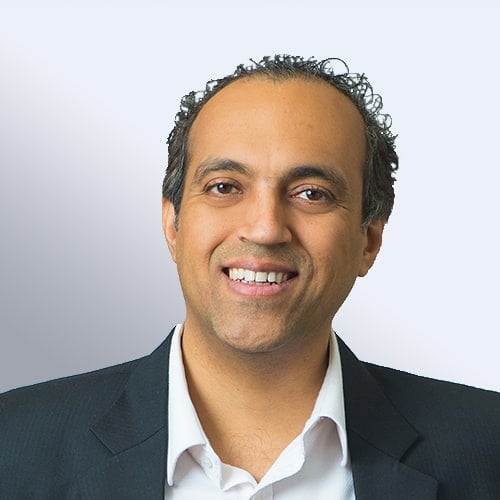
At Everest Group, we’ve heard industry rumors that Infosys CEO Vishal Sikka – formerly on SAP’s Executive Board and global lead for products and innovation – recently hired two former SAP executives based in Silicon Valley. This move comes on the heels of Sikka planning to invest in startups in Silicon Valley. What does all this mean for Infosys and for the rest of the services industry?
Upon hiring Sikka from SAP, we knew Infosys was changing its direction to become an IP company, and we expected him to make significant changes. In addition to his former exec role at SAP, he earlier worked in Xerox’s research lab in Palo Alto in the Valley. He is a well-known figure in the American software world, and he continues to be based out of Silicon Valley.
As I predicted in a blog three months ago, Sikka had begun the transformation and I thought his next step would be to build on the Infosys talent pool by bringing in selected additional talent. Now he has done that and is using his relationships at SAP in Silicon Valley to recruit other executives to join him at Infosys.
This move means a number of things. Most importantly, it means that Infosys drinks its own champagne. Following Cognizant’s example, Infosys is establishing North American headquarters – but going one better. Rather than basing its business in New Jersey as Cognizant did, Infosys is building on its next-generation theme and basing its American business in Silicon Valley. This strategy has a number of potentially positive attributes for Infosys.
Commitment to disruptive technology wave
First, it helps reinforce the brand that Infosys is committing to the “leading technology” aspect of its new-and-renew strategy. And lining up Silicon Valley executives to supplement the Infosys leadership team is another clear demonstration of its strategy.
Significantly, having North American headquarters in the middle of the Silicon Valley ecosystem allows Infosys to tap into the Valley’s rich innovation talent pool as Infosys moves from its traditional labor arbitrage-based model to an IP-based model. It also places Infosys close to its customer base. Soon to be gone are the days of the factory control from Bangalore dictating to customers how to use services.
I think this speaks volumes around the provider’s commitment and willingness to stay the course and pace as the services industry evolves with the digital world’s new technologies and new business models. Infosys is trying to catch that wave of next-generation digital disruptive technology that emanates from Silicon Valley’s ecosystem.
Sikka talks about Design Thinking, which puts him right into the heart of how Silicon Valley thinks and tries to behave. Infosys is making a commitment to be at the heart of the Valley’s ecosystem to better leverage that thinking. Bangalore is a long way from that ecosystem. New Jersey is closer, but Infosys chose to be in the heart of it, right in the Valley.
Will Infosys succeed in these new moves?
I think this starts to ask hard questions of the rest of the industry, and I believe the rest of the industry will watch Infosys intently to gauge its success. In the event that Infosys succeeds in making this pivot, I think we can expect other Indian pure-plays to follow suit quickly.
Photo credit: Flickr










